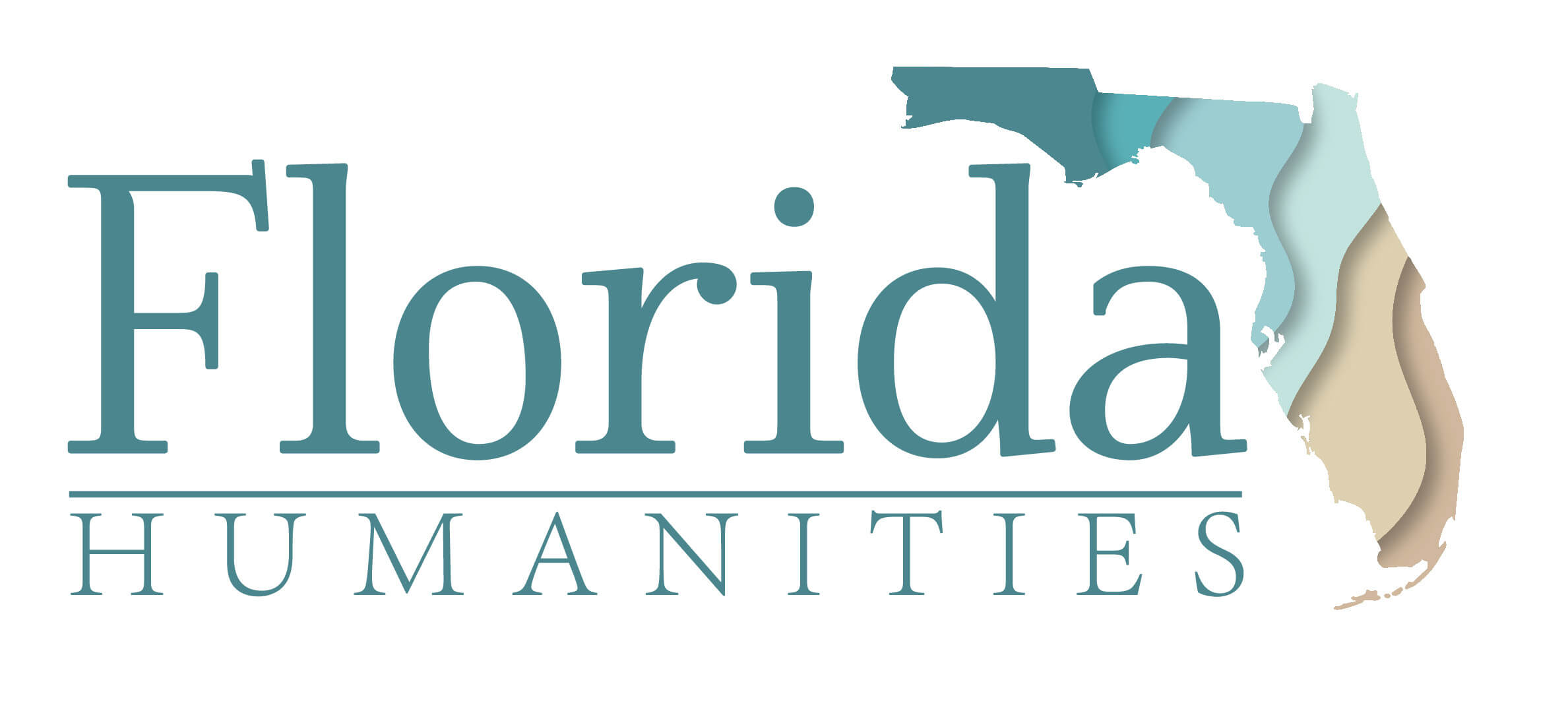Generously funded by a grant from Florida Humanities, the WPHL is presenting a community series and an accompanying photography exhibition, Filling in the Visual & Narrative Gaps: Soviet Refuseniks in Miami, by Gary Monroe to take place at FIU. The content tells the stories of Soviet Jews who immigrated to South Florida in the 1980s to escape tyrannical practices against their religion. It will take place at Miami Beach Urban Studies (M-BUS), an FIU facility on Miami Beach run by the College of Communication + the Arts (CARTA), and at the Jewish Museum of Florida—FIU.
Filling in the Visual & Narrative Gaps concerns Soviet Jewish immigrants to the United States who found their way to South Florida in the 1980s after being granted visas to leave the Soviet Union—usually after years of being denied, harassed, fired from their jobs, evicted from their living quarters, and sometimes jailed and tortured. Known as “refuseniks” because they were “refused” exit visas, this population reflects an experience that is almost forgotten and needs to be integrated into the larger story of refugees fleeing to the United States to avoid persecution.
Schedule of Events

I. Beginnings and Background
November 3, 2021 at 7:00 pm
Miami Beach Urban Studios at Florida International University
Introductions
John Stuart, Distinguished University Professor and Associate Dean CARTA and Executive Director, Miami Beach Urban Studies and Mana Wynwood
Rebecca Friedman, Associate Professor of History and Director of the Wolfsonian Public Humanities Lab, Florida International University
Moderator and Discussant
Oren Baruch Stier, Director, Holocaust and Genocide Studies Program and Professor of Religious Studies, Florida International University
Speakers
Gary Monroe, Documentary Photographer
Ira M. Sheskin, Professor of Geography and Sustainable Development and Director of the Jewish Demography Project in the Sue and Leonard Miller Center for Contemporary Judaic Studies, University of Miami
Bruce Yudewitz, Director of Planning and Allocations at the Greater Miami Jewish Federation during the time of the Soviet Jewry movement

II. The Narratives and the Generations
November 10, 2021 at 7:00 pm
Miami Beach Urban Studios at Florida International University
Introduction and Moderator
Rebecca Friedman, Associate Professor of History and Director of the Wolfsonian Public Humanities Lab, Florida International University
Speakers
Anatoly and Bronya Glazer, Refuseniks and authors of a book about their experience, and their daughter Maya Cramer
WPHL staff will interview other Refuseniks in attendance.

III. History and Activism
November 14, 2021 at 3:00 pm
Jewish Museum of Florida—FIU
Introductions
Susan Gladstone Pasternack, Executive Director, Jewish Museum of Florida-FIU
Rebecca Friedman, Associate Professor of History and Director of the Wolfsonian Public Humanities Lab, Florida International University
Exhibition
Fifteen books by Adele Sandberg recounting the experiences of Soviet Jews when they became “Refuseniks.”
Moderator
Ellen G. Friedman, Professor of English and Holocaust Studies, The College of New Jersey
Speakers
Benjamin Nathans, Alan Charles Kors Associate Professor of History, University of Pennsylvania. His current book project is titled “To the Success of Our Hopeless Cause: The Many Lives of the Soviet Dissident Movement.”
Adele and Joel Sandberg, leaders in the movement to free Refuseniks. They both helped to found the South Florida Conference on Soviet Jewry. Joel served as a past President of the SFCSJ and Vice President of the Union of Councils for Soviet Jews and Adele founded the South Florida Conference advocating for the release of Soviet Jews. During their tenure, the SFCSJ worked with the Union of Councils to pass the Jackson-Vanik Amendment that resulted in the release of 50,000 Jews from the USSR. This was a united, collaborative effort of the activist Soviet Jewry groups.
Black and white photography by Gary Monroe
Event co-sponsored by
